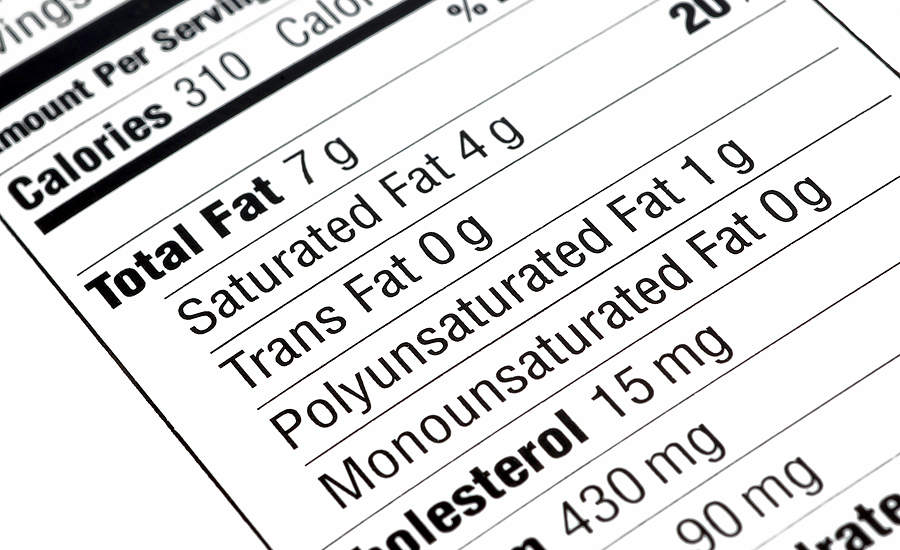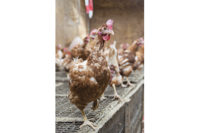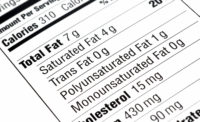Survey uncovers consumers' perception of sugar
When asked what the most important product attribute on the nutrition label is, approximately 50% reported that they pay the most attention to sugar content in foods.

siggi's, a New York-based maker of Icelandic-style yogurt, teamed up with Well+Good, New York, to better understand consumer behavior and perception of sugar. After polling over 2,000 people, it was concluded that while consumers have an acute awareness of the health implications of sugar and most are trying to reduce their consumption, they don't know exactly how to monitor, lower and identify it.
When asked what the most important product attribute on the nutrition label is, approximately 50% reported that they pay the most attention to sugar content in foods, while only 20% prioritized calories first, followed by protein, carbohydrates and fat. This mind shift is a clear representation of how today's consumers are aware of the long-term effects of sugar. Reinforcing this, 81% of those surveyed said they are actively trying to cut out sugar to improve overall health.
While this research indicates consumers are paying attention to sugar, it also unveiled that there is little understanding of where sugars – and particularly hidden added sugars – are coming from.
- Over 80% of people surveyed are actively reducing their sugar consumption.
- 68% of the respondents do not actually know the American Heart Association's recommended maximum daily sugar intake.
- 75% of consumers do not know what is included in the "sugars" line item on the nutrition facts panel.
- Roughly 75% of respondents were unable to identify "added" sugars.
"siggi's was founded on the simple idea that every yogurt I tasted just had too much sugar in it, and I knew there was a better alternative," says Siggi Hilmarsson, founder of siggi's. "We are on a mission to bring people delicious yogurt with less sugar, and we're committed to providing our consumers with continued education on sugar to help them make better choices."
"The team at Well+Good is so passionate about finding ways to lower daily sugar intake, so working with siggi's on this effort was a natural fit," adds Alexia Brue, co-founder of Well+Good. "The survey yielded some fascinating insights on how our readers view sugar, and we hope to improve consumers' knowledge of how to reduce sugar consumption through thoughtful, actionable content."
Looking for a reprint of this article?
From high-res PDFs to custom plaques, order your copy today!






